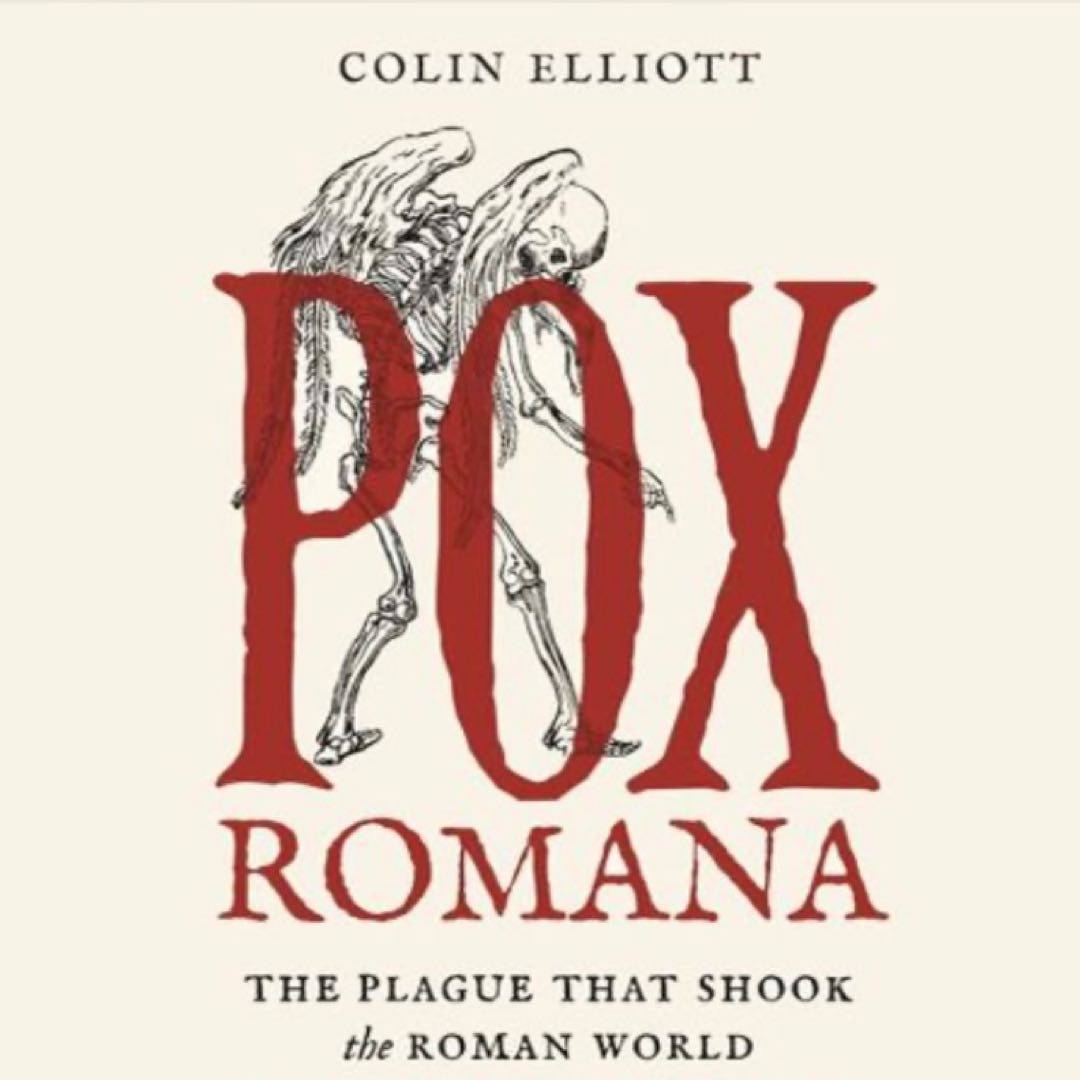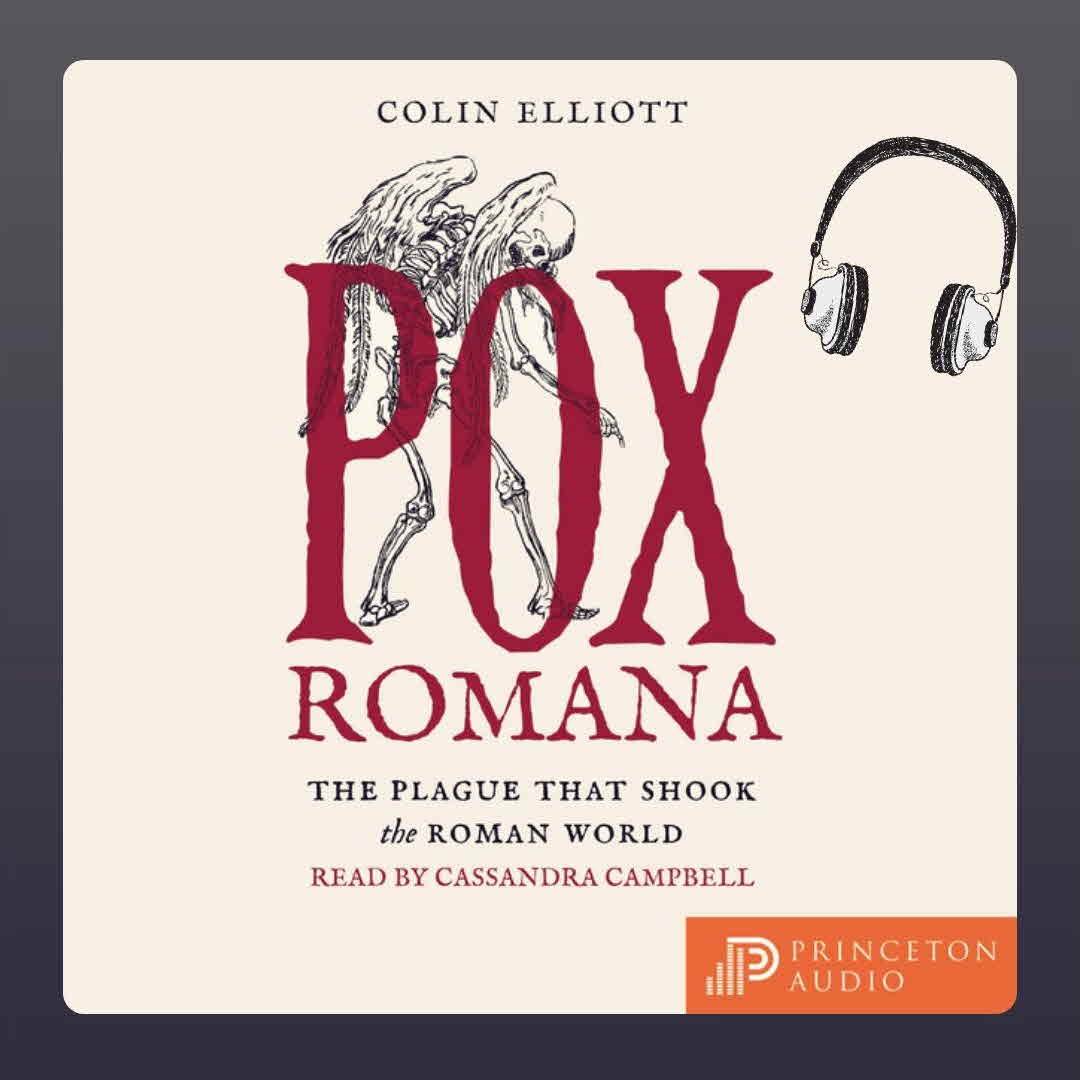
It‘s interesting that in a book about a deadly plague, the economics would still be the dreariest and most annoying part. But I suppose that‘s why economics is the “dismal science”.

It‘s interesting that in a book about a deadly plague, the economics would still be the dreariest and most annoying part. But I suppose that‘s why economics is the “dismal science”.

19/150 I really wanted to enjoy this book, because of my life long fascination with the Roman Empire and it's people, but I sadly found it dry and academic. There's a lot to learn here about how the Romans viewed this pandemic, its effects on the social, economic, and political arenas, but it's missing the human element. I never got a true feeling of what the average Roman experienced during the plague, the author kept the story at a distance.